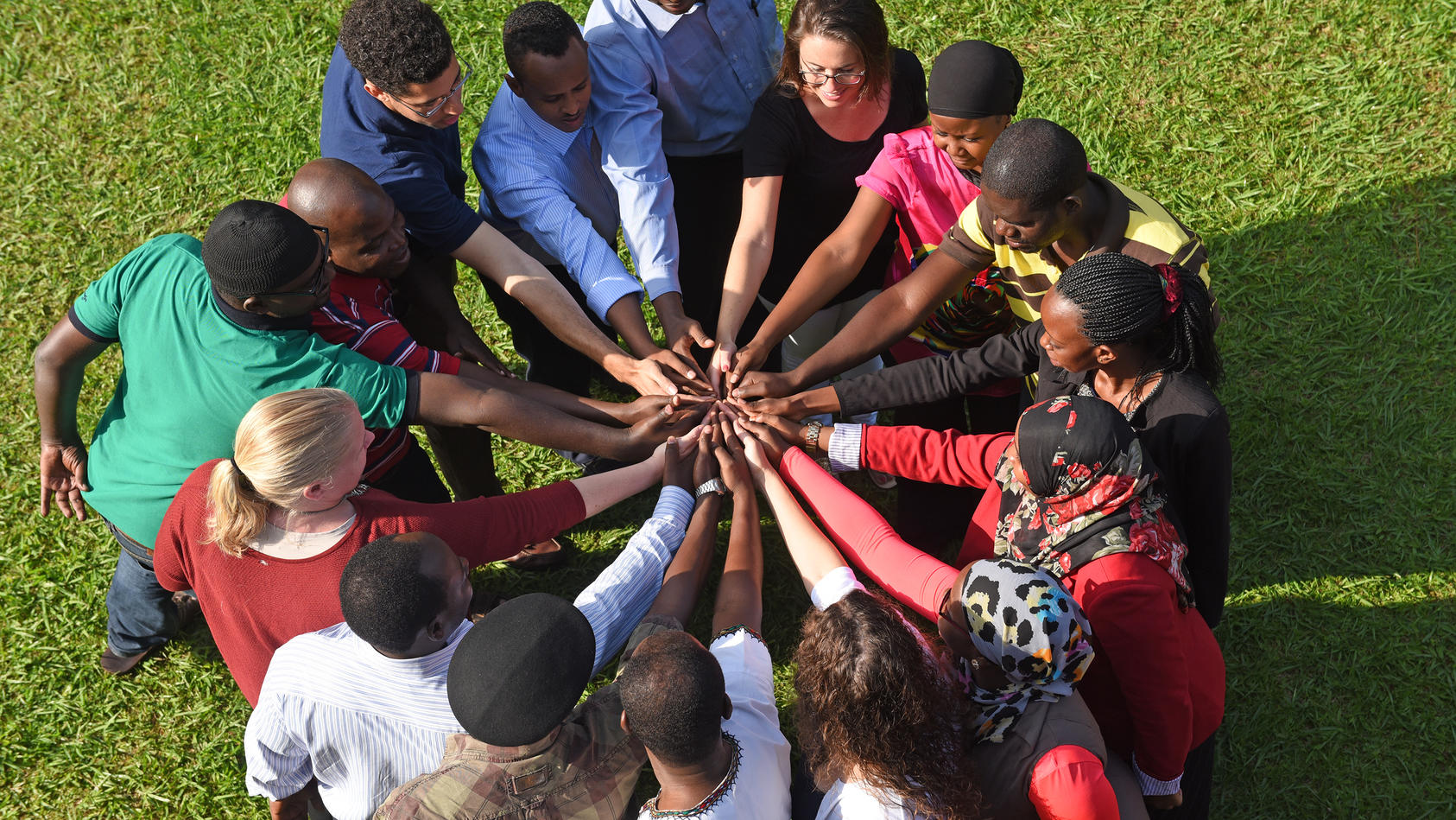Moving from Ideas to Action on Youth, Peace and Security
A Webcast Event
In recognition of the exceptional importance of the positive contribution that young people make toward the maintenance and promotion of international peace, the United Nations Security Council unanimously adopted its first ever resolution on Youth, Peace and Security (UNSCR 2250) on December 9, 2015. The resolution affirmed the critical role that youth assume in the prevention and resolution of conflicts and called for the engagement of youth as partners and leaders at all levels of decision-making and in peacebuilding processes. Concretely, Resolution 2250 urges immediate action in five fields: participation, protection, prevention, partnership, and disengagement.

Part one:
Part two:
When grievances like political injustice, protracted violent conflict, unemployment and a lack of identity and purpose in life create a breeding ground for radicalization and violent extremism among youth, the international community must partner with youth to effectively address both the causes and the effects of these conditions.
In this context, the United Nations Institute for Training and Research (UNITAR), a Geneva-based training arm of the United Nations, and the United States Institute of Peace (USIP), an independent institute dedicated to the elimination of violent conflict, convened a strategic group of stakeholders to explore concrete ways the international community can support wider and more meaningful engagement of youth in peacebuilding. Review the conversation with #youth4peace.
This event was held at UNITAR in Geneva, Switzerland.
Speakers
Evariste Karambizi, opening remarks
Manager, Peacekeeping Training Programme, UNITAR
Alison Milofsky, moderator
Director, Curriculum and Training Design, U.S. Institute of Peace
Imrana Alhaji Buba
Youth Representative, Generation Change Fellow
Aubrey Cox
Program Officer, U.S. Institute of Peace



